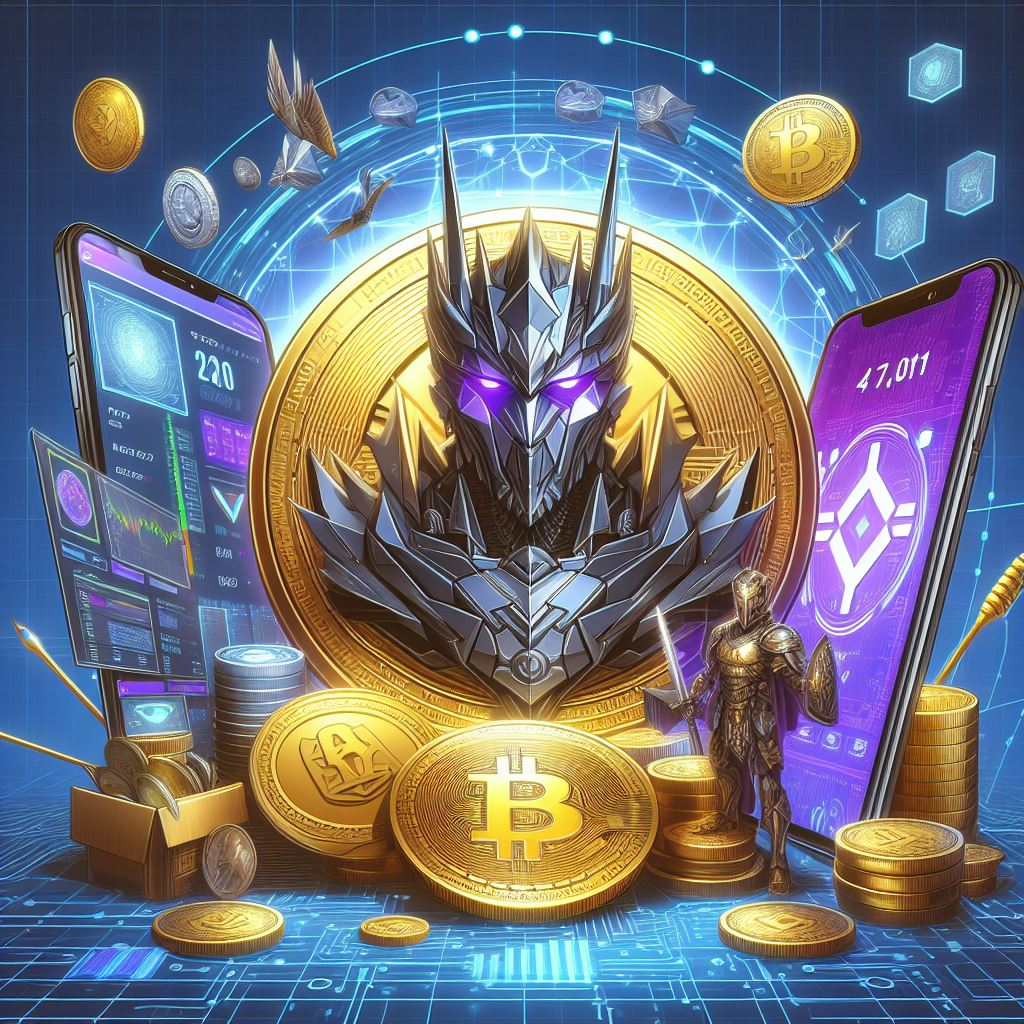The Bank of Korea (BOK), South Korea’s central bank, will allow selected participants to use digital tokens, converted from bank deposits, for payments at domestic supermarkets and convenience stores starting in December, the Korea Times reported Friday, citing sources. This initiative is part of a larger central bank digital currency (CBDC) test conducted in collaboration with six major commercial banks.
Under the pilot project, 100,000 participants will be able to use deposit tokens, which function similarly to vouchers, for purchases at various retail outlets. The BOK will issue a wholesale CBDC to banks, which will convert it into deposit tokens for consumers to use at select retail locations. The trial aims to assess whether CBDCs can improve or replace the existing process, where banks use their deposits at the central bank for transactions and settlements. The project builds on a plan initially outlined in October as part of the push toward a digital economy.
Participating banks are forming partnerships with retailers and developing digital platforms to ensure smooth implementation. NH Nonghyup Bank is involving its subsidiary Hanaro Mart, while other banks are negotiating with major convenience stores and supermarkets to join.
The BOK is part of Project Agora, a global initiative exploring the tokenization of cross-border payments, which includes six major Korean banks. A banking industry official told the publication:
While the timeline seems slightly delayed compared to our initial expectations, we are working to launch the CBDC test involving 100,000 participants using deposit tokens by the end of the year, which would be a globally significant milestone.





